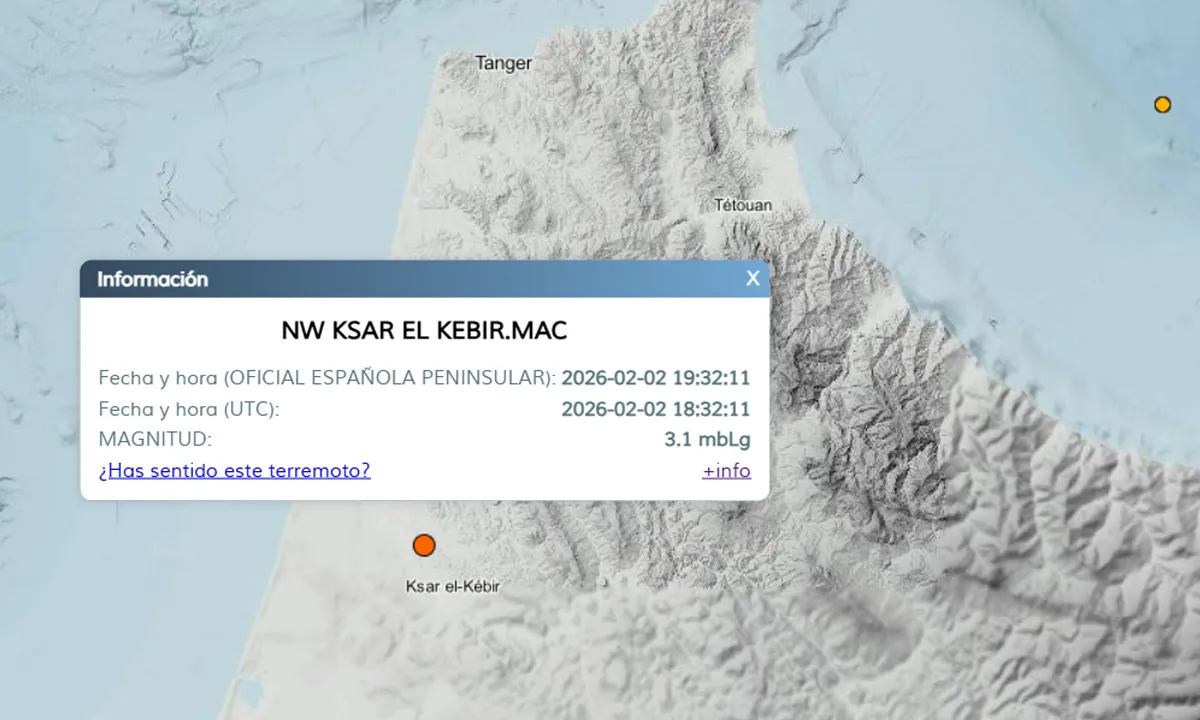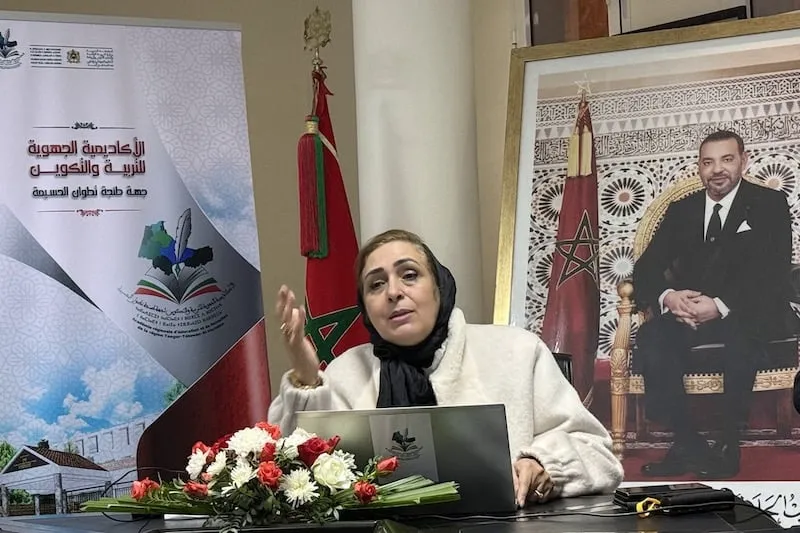On Wednesday, the Institute for Research in Solar Energy and New Energies signed a strategic agreement with the Embassy of the Czech Republic in Morocco, representing the Czech Ministry of Foreign Affairs through the CzechAid developmental support program. This agreement aims to support the testing of Atmospheric Water Generation (AWG) technology in Morocco.
According to a statement from the institute, the agreement includes the delivery and trial of two field devices designed and implemented by Czechoslovak Export a.s., a company under the Czechoslovak Group (CSG), a leading industrial group in Europe. The company was selected for its expertise in localizing advanced industrial solutions.
The signing of this agreement marks a significant step in Moroccan-Czech bilateral cooperation and reflects a shared commitment to addressing climate challenges through sustainable technological innovation.
The project, titled “Water Production from Air for Morocco,” focuses on testing a low-carbon device that generates potable water from atmospheric moisture. This model is designed to be flexible, decentralized, and clean, addressing water scarcity issues.
The technology is based on a patented portable system called “Emergency Water from Air” (EWA), developed by the University Center for Energy-efficient Buildings at the Czech Technical University in Prague, and manufactured by the Czech company KARBOX s.r.o., part of the CSG group.
This initiative, funded by a grant from the Czech Ministry of Foreign Affairs through CzechAid, aims to deliver two pilot units to be tested under local climatic conditions. The objective is to assess the feasibility of widespread implementation in remote and arid regions of Morocco and the surrounding area.
The project directly contributes to aligning water security with energy innovation and supports adaptation to climate change, which are key focus areas in Morocco’s new development model.
This initiative could pave the way for integrating this technology into the national industrial and scientific systems and provides opportunities for application in rural and arid areas that lack access to desalination networks, thereby enhancing resilience and strategic sovereignty in Africa.
Furthermore, the project opens avenues for knowledge transfer, capacity building, and strengthening partnerships between Moroccan and Czech public and private entities. There is potential for industrial integration of these solutions into the national production framework linked to the green economy.
During the signing, Samir Rachidi, Director General of the Institute for Research in Solar Energy and New Energies, emphasized that “this project is not merely a trial of promising technology but is a product of a shared vision that believes scientific research and innovation are keys to sustainable development.”
He added that through this initiative, the institute reaffirms its commitment to supporting Morocco’s energy transition and enhancing its capabilities while building new bridges for international scientific and industrial cooperation.
Czech Ambassador to Morocco, Ladislav Škereik, expressed pride in supporting this impactful project, which combines Czech innovation with Moroccan expertise for the benefit of humanity and the environment. He affirmed that it serves as a living example of what can be achieved through reliable partnerships based on cooperation and solidarity.
The installation of the two pilot units is anticipated in the fourth quarter of 2025, followed by a two-year phase involving technical monitoring, data analysis, and market exploration.
This timeline will provide a solid foundation for evaluating the replicability of the solution, its industrial integration, and opportunities for wider regional deployment.
In conclusion, the project marks the beginning of a lasting partnership rooted in innovation and mutual respect, aimed at serving the public good and reinforcing Morocco’s position as a regional leader in adopting smart environmental solutions to combat climate change.
Source
















